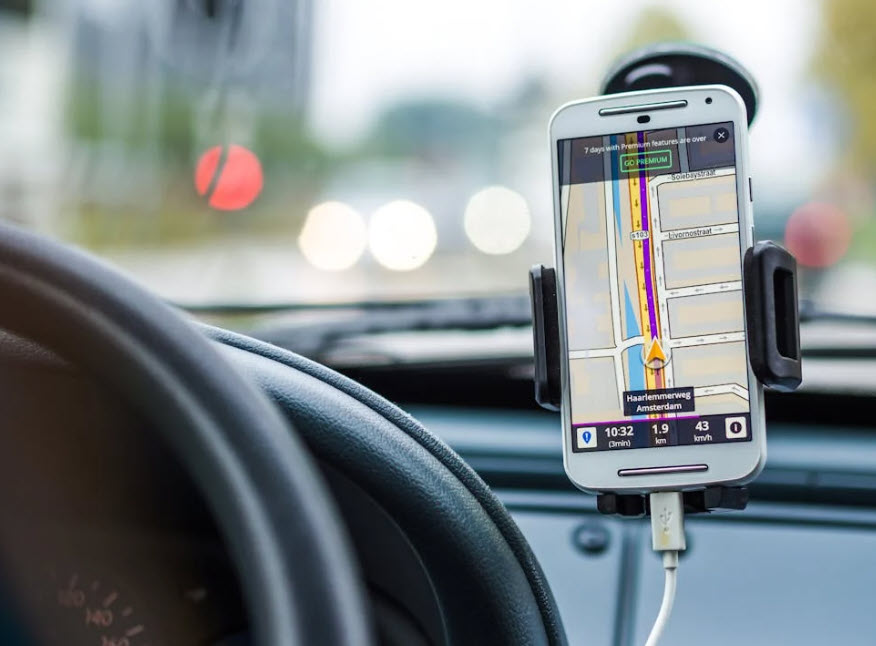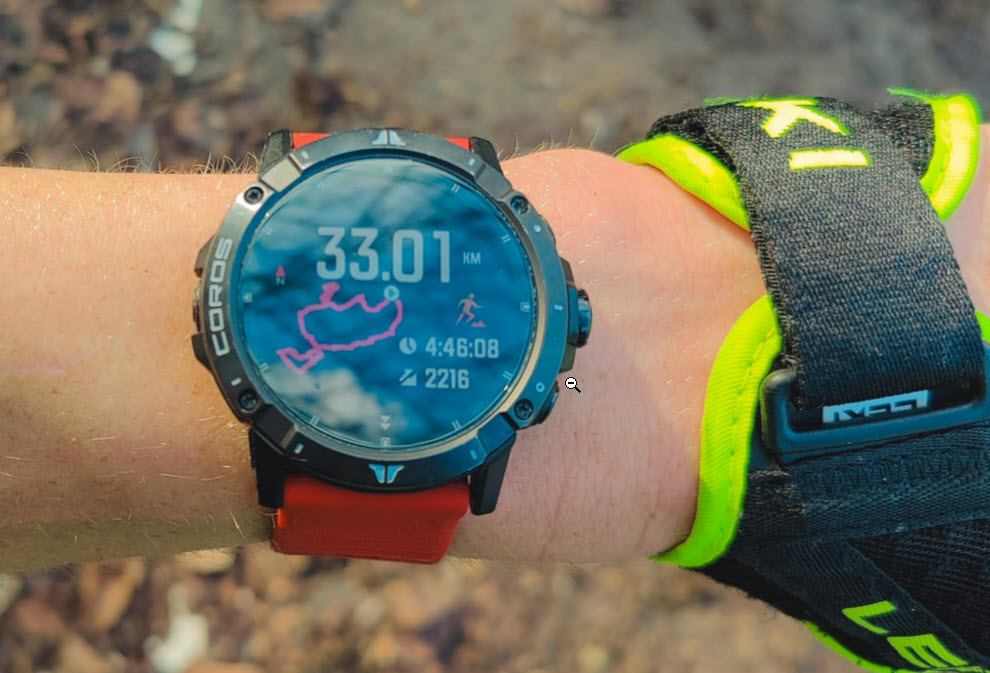Yes, it is legal to use GPS tracking on Android phones within your family, but only when there is clear understanding and consent. Parents are allowed to track their children under 18 as part of their responsibility for safety and supervision.
Tracking adult family members such as a spouse, sibling, or elderly parent requires their full knowledge and agreement. Consent is not optional in these cases, and tracking without it may violate privacy laws.

Family GPS tracking offers peace of mind by helping with safety, coordination, and care. It becomes a legal issue only when used secretly or without transparency.
What Is Family GPS Tracking on Android?
Family GPS tracking on Android refers to the use of built-in location services to monitor the real-time position of a family member. The tracking feature uses satellite signals and network data to update location information. Family members can view this information using location-sharing tools or built-in system settings.
Family tracking typically involves children, elderly relatives, or other dependents. In some cases, location data is used for coordination between adults. In every case, the legality depends on whether the person being tracked has agreed to the monitoring.
Is Family GPS Tracking Legal in the United States?
Family GPS tracking is legal in the United States when used within legal boundaries and with informed agreement. Federal law protects individuals from unauthorized surveillance. However, state-level rules define specific tracking limitations and permissions.
Tracking Minors Is Generally Allowed
Parents or legal guardians are permitted to track minor children without their explicit approval. This tracking is considered part of parental responsibility and falls under child safety protection laws.
Tracking Adults Requires Consent
Tracking an adult family member without clear permission is illegal in most states. Adults have a right to privacy. Secret tracking can lead to civil penalties and legal consequences. Consent must be given clearly and knowingly.
State Laws Determine Tracking Conditions
Each state outlines its own tracking regulations. Some states require written consent. Others enforce criminal penalties for unauthorized tracking. Before enabling any GPS service, users must verify the local law and consent guidelines.

How to Legally Use GPS Tracking Within Families
To use GPS tracking legally within families, follow four critical steps.
Request Permission From Adult Family Members
Before enabling any location-sharing feature, ask the family member directly. Make sure they understand how and why the tracking will occur. Only proceed if they agree clearly.
Monitor Children Within Legal Limits
Tracking a minor child is allowed when performed by a guardian. However, the data should only be used for safety and caregiving. Misusing the information may still result in conflict or investigation.
Use Device Settings That Require Manual Activation
Use native system tools that require the tracked person to activate or approve the feature. This process creates a record of agreement. The person being tracked should be able to stop or pause the tracking at any time.
Review State Regulations Regularly
Legal definitions change across regions. State laws may adjust privacy terms or introduce new requirements. Regular reviews ensure that tracking remains legal and appropriate.
When Is Family GPS Tracking Illegal on Android?
Family GPS tracking becomes illegal when done without permission, through hidden tools, or for inappropriate reasons. Secretly installing tracking tools violates privacy laws. Using a relative’s device without notice may lead to prosecution. Even if the intent is safety, unauthorized tracking is treated as a violation.
Laws define privacy as the expectation that one’s location is not monitored without cause. In the case of adults, tracking must be voluntary. Consent must be ongoing and revocable at any time.
Legitimate Benefits of GPS Tracking Within Families
Legal GPS tracking provides several family benefits when used correctly. These include safety, communication, and caregiving.
- Children can be monitored during travel or school commutes.
- Elderly relatives can receive assistance if they move beyond familiar locations.
- Family members can meet more easily during shared activities.
- Emergency situations can be managed quickly using location data.
Each of these benefits depends on clear agreement and ethical use.
What Are Best Practices for Ethical GPS Tracking in Families?
Always request permission before starting any GPS tracking within the family. Open communication ensures that each person understands how their location will be used and why it matters.
Limit tracking to clear, meaningful purposes such as safety, caregiving, or emergency response. Using tracking only when necessary helps prevent misuse and builds trust among family members.
Check in regularly to confirm that everyone involved is still comfortable with being tracked. If someone withdraws consent, tracking must stop immediately to respect their privacy and maintain transparency.
Conclusion
GPS tracking is legal for family use on Android phones when it is done with clear consent and within the boundaries of applicable privacy laws. Parents can monitor their minor children without additional approval, but tracking adult relatives always requires their full knowledge and agreement.
Using GPS tracking responsibly supports safety and coordination within families. However, tracking becomes a legal issue when done secretly or without ongoing consent, making transparency and regular communication essential for ethical use.

